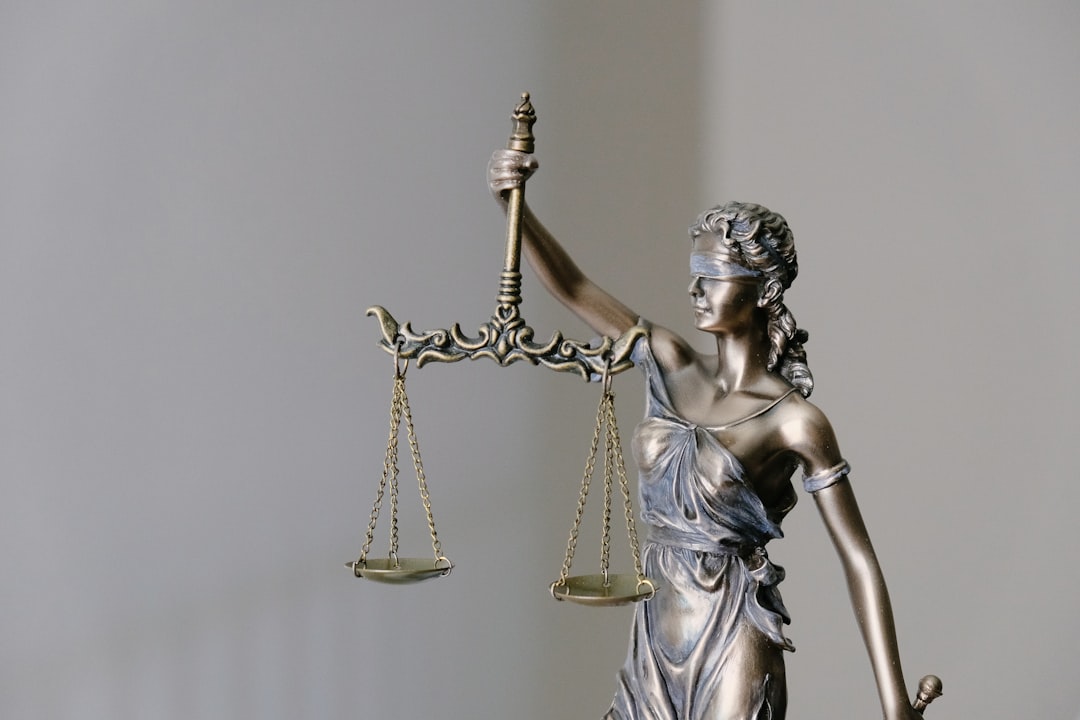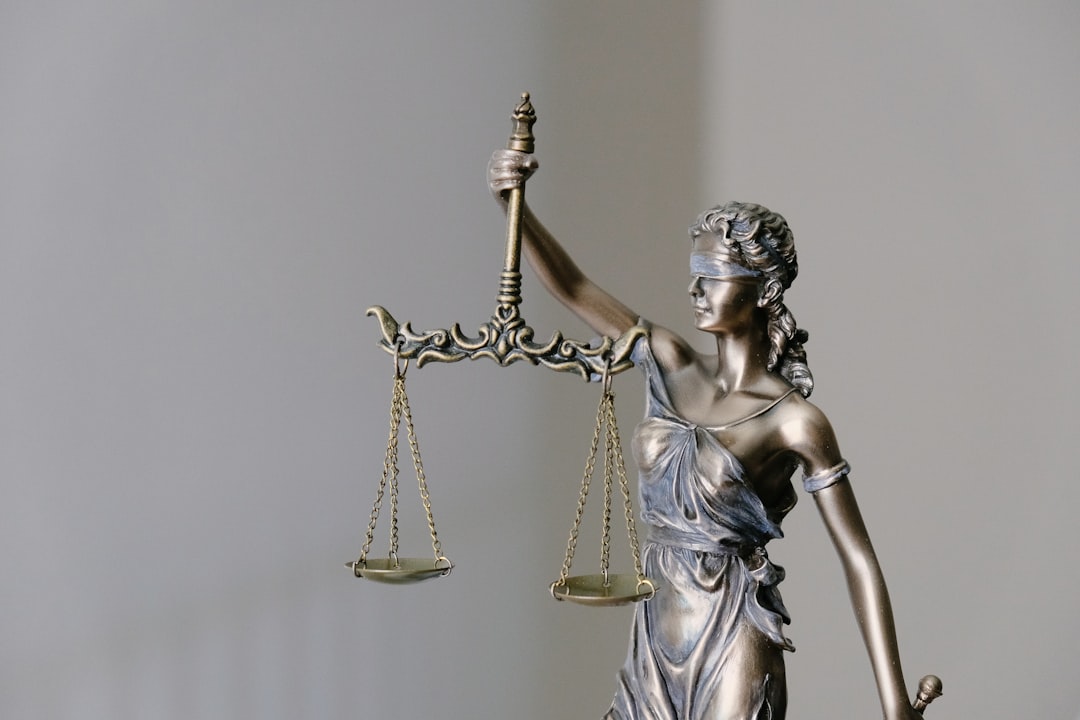In Newark, New Jersey, facing a rape accusation is incredibly challenging. The Fifth Amendment's right against self-incrimination is crucial, enabling individuals to refuse questions that could incriminate them. A specialized rape law firm in Newark, NJ provides vital guidance during police interrogations and the complex court process. They ensure clients understand their rights, especially the privilege against self-incrimination, and offer strategic silence as a powerful defense tool. Engaging such a firm for comprehensive support is key to navigating New Jersey's rape laws effectively.
In Newark, NJ, as in all jurisdictions, victims of rape face immense challenges. Understanding your rights, especially the Fifth Amendment’s protection against self-incrimination, is crucial. This article guides you through the complex legal landscape, focusing on exercising your right to remain silent during a rape case. From recognizing when to stay quiet in court to navigating the process with help from a dedicated rape law firm Newark NJ, these strategies can significantly impact your defense.
Understanding Your Rights: The Fifth Amendment and Rape Cases in Newark NJ

In the context of a rape case in Newark, New Jersey, understanding your rights under the Fifth Amendment is paramount. This constitutional amendment guarantees the right against self-incrimination, meaning individuals have the legal privilege to refuse to answer questions that could incriminate them. When facing allegations of sexual assault, knowing this right can be empowering and crucial for protecting one’s interests.
In Newark, as in many jurisdictions across the US, rape law firm experts emphasize the importance of exercising this right wisely. Accused individuals should remain silent during police interrogations to avoid potential self-incrimination. Legal professionals can guide you through this process, ensuring your rights are respected while providing strategic counsel tailored to New Jersey’s rape laws and procedures.
Navigating the Legal Process: Exercising Your Right to Remain Silent

Navigating the legal process in a rape case can be overwhelming, especially for survivors who are still reeling from the trauma. It’s crucial to understand your rights, one of which is the right to remain silent. This privilege, enshrined in the Fifth Amendment, protects you from being forced to incriminate yourself during questioning by law enforcement or prosecutors. In Newark, a rape law firm can provide invaluable guidance on exercising this right effectively.
When facing accusations, it’s essential to remember that anything you say could be used against you in court. A skilled attorney from a rape law firm in Newark NJ will advise you to remain calm and assertive in your decision to remain silent. This strategy allows you to protect yourself from potential false statements or misunderstandings that might lead to wrongful charges. It also gives you time to gather your thoughts, consult with your lawyer, and make informed decisions about your next steps.
Strategies for a Successful Defense: When to Stay Silent in Court

In a Newark rape case, navigating the court system requires a strategic approach, especially when considering your right to remain silent. A skilled rape law firm in Newark NJ can guide you through this process. One key strategy is understanding when to exercise your right to silence. If you choose to remain silent during questioning or testimony, it’s crucial to do so knowingly and strategically. This means assessing the strength of the prosecution’s case and deciding if your answers might inadvertently strengthen their argument against you.
Staying silent can be a powerful tool for defense, as it prevents any self-incriminating statements from being used against you in court. It also allows your lawyer to control the narrative by presenting a well-prepared and structured defense without opening doors to unexpected questions or damaging revelations. This calculated silence should be part of a broader strategy that includes thoroughly reviewing evidence, understanding legal precedents related to rape cases, and crafting a compelling argument that highlights reasonable doubt.






